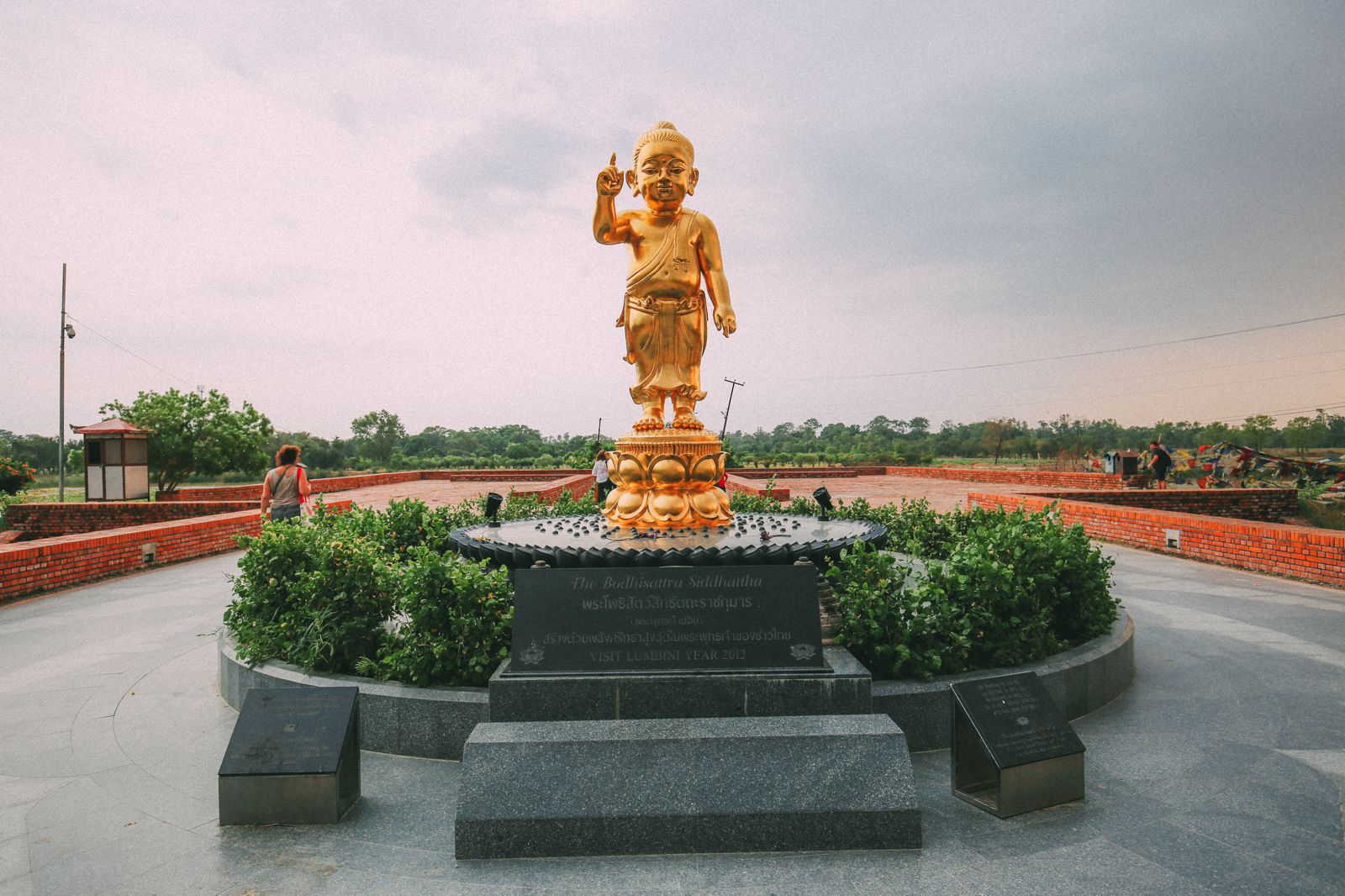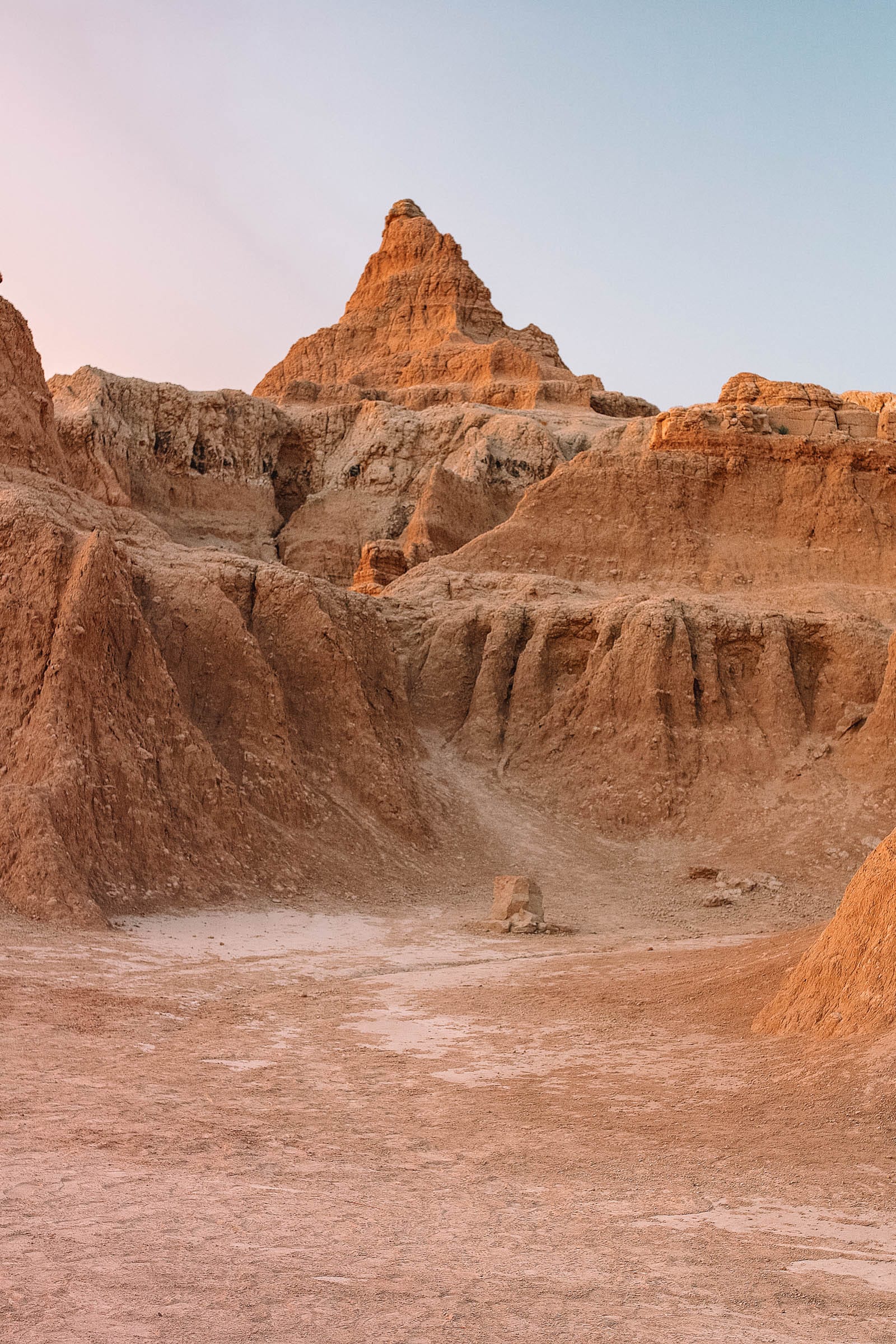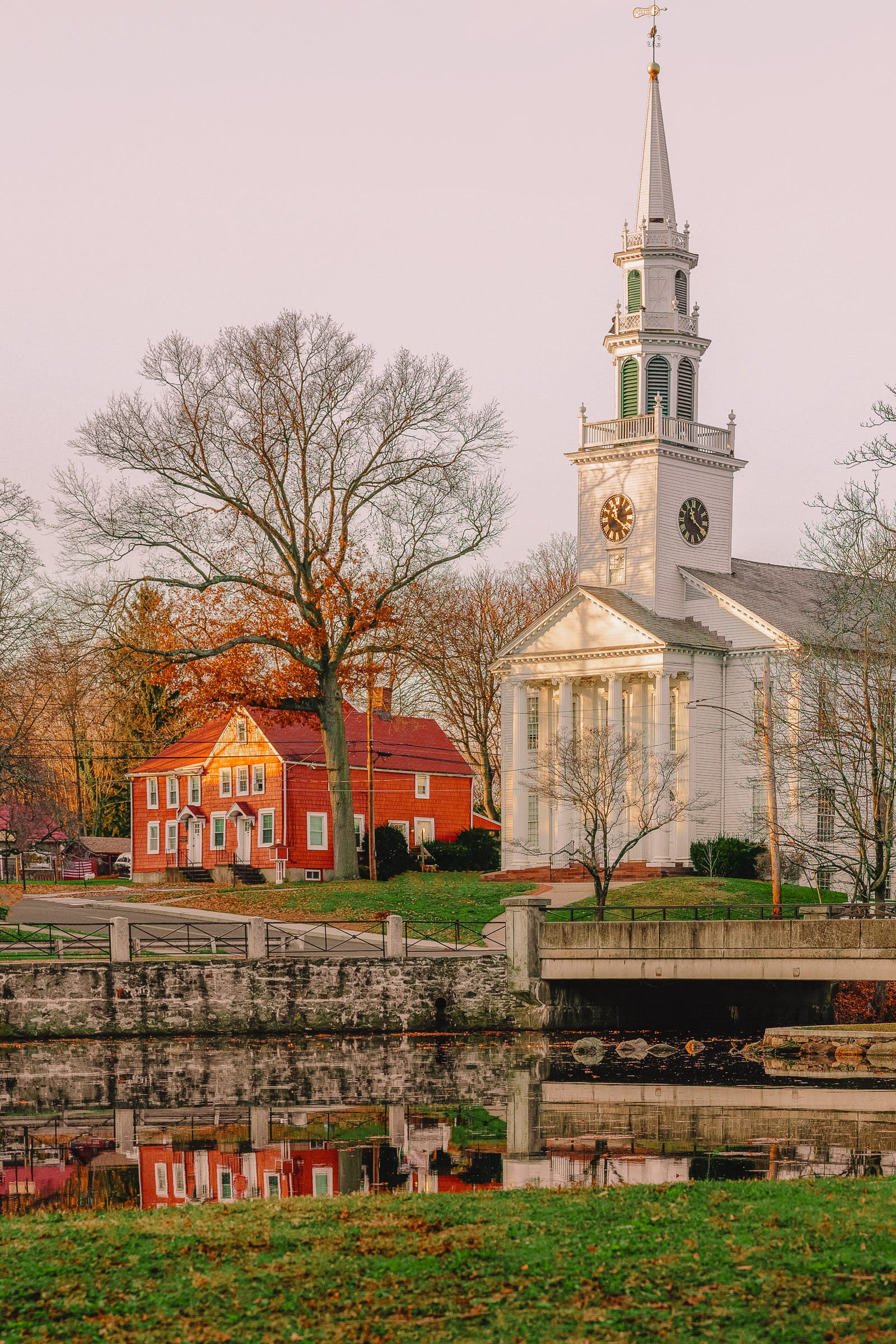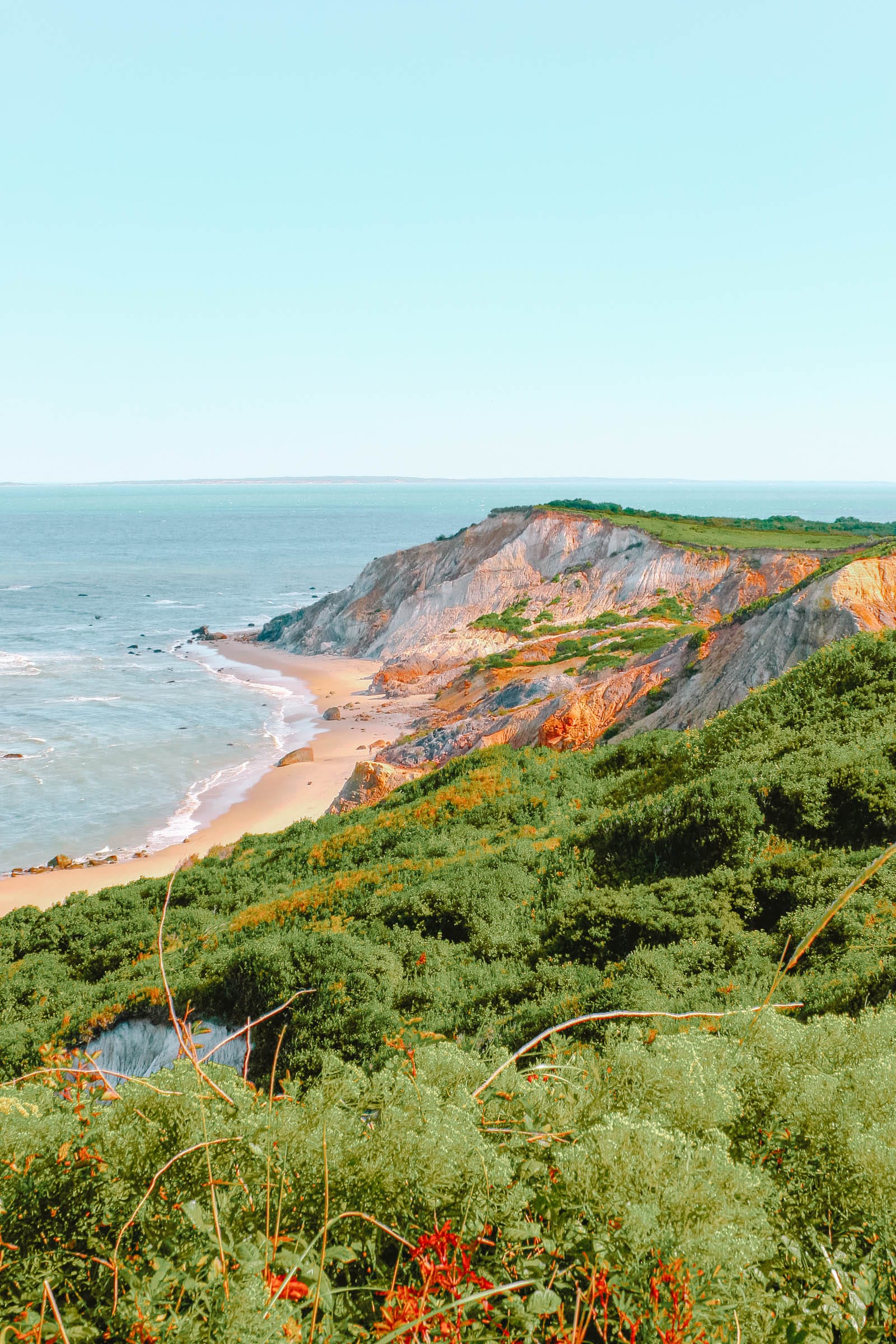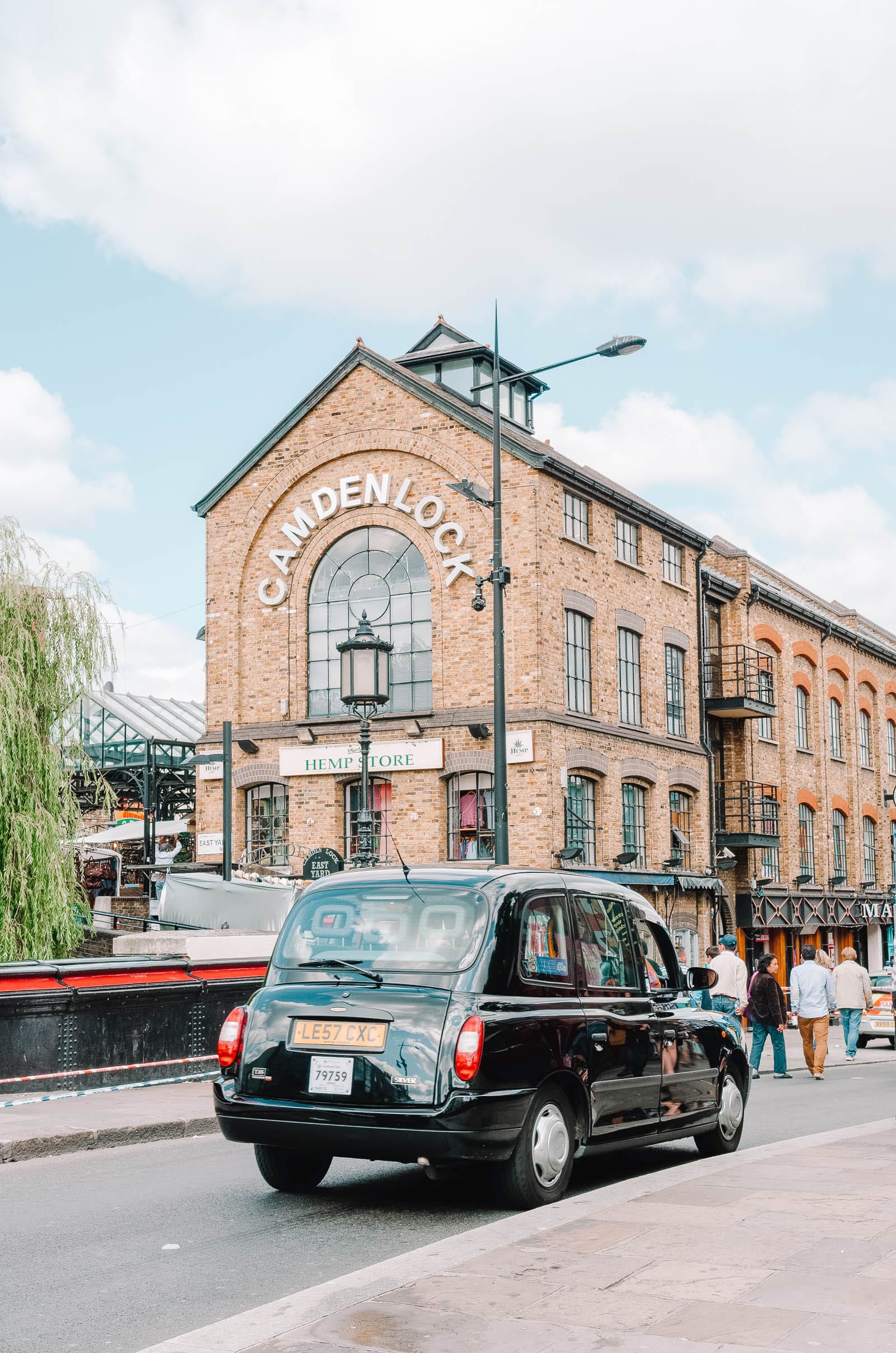Summary
As it turns out, the rain that started off at the square didn’t last very long at all. Therefore, we were set for exploring Lumbini again, this time headed for the Maya Devi Temple, the precise location where Buddha was born.
Moreover, as mentioned, there are temples all over Lumbini donated by various countries. These continue well beyond the square we were in prior.
Temples in Lumbini
We started our journey with the Myanmar Golden Temple, in addition to the various other temples surrounding it. Weaving through the complex and its pagodas led us down the long stretch heading to the Maya Devi Temple.

Maya Devi Temple

Exploring Lumbini
Once you reach the golden statue of Buddha, it becomes evident that you are getting closer to the heart of Lumbini.

At the temple, visitors are not permitted to walk around in shoes; thus, it is customary to leave shoes at a designated stand outside. Consequently, it is advisable to refrain from bringing your most valuable footwear.
The temple itself appears quite humble from the outside, and it is only upon entering that you start to feel the significance of this historical site.

Inside the temple, you can find the remains of an ancient palace, reportedly constructed by King Ashoka around the era of Buddha’s birth – the exact location that is visible once you’re inside.

Conclusion
The pillar outside represents one of Ashoka’s pillars, discovered in 1896, along with palace ruins from this significant location.
Furthermore, surrounding the temple, you will find a sacred pond and beautifully landscaped gardens adorned with prayer flags, all of which are accessible for you to explore freely.

Overall, our visit to Lumbini was brief yet enriching, making it an essential stop for anyone traveling to Nepal keen to learn more about the culture and history.
